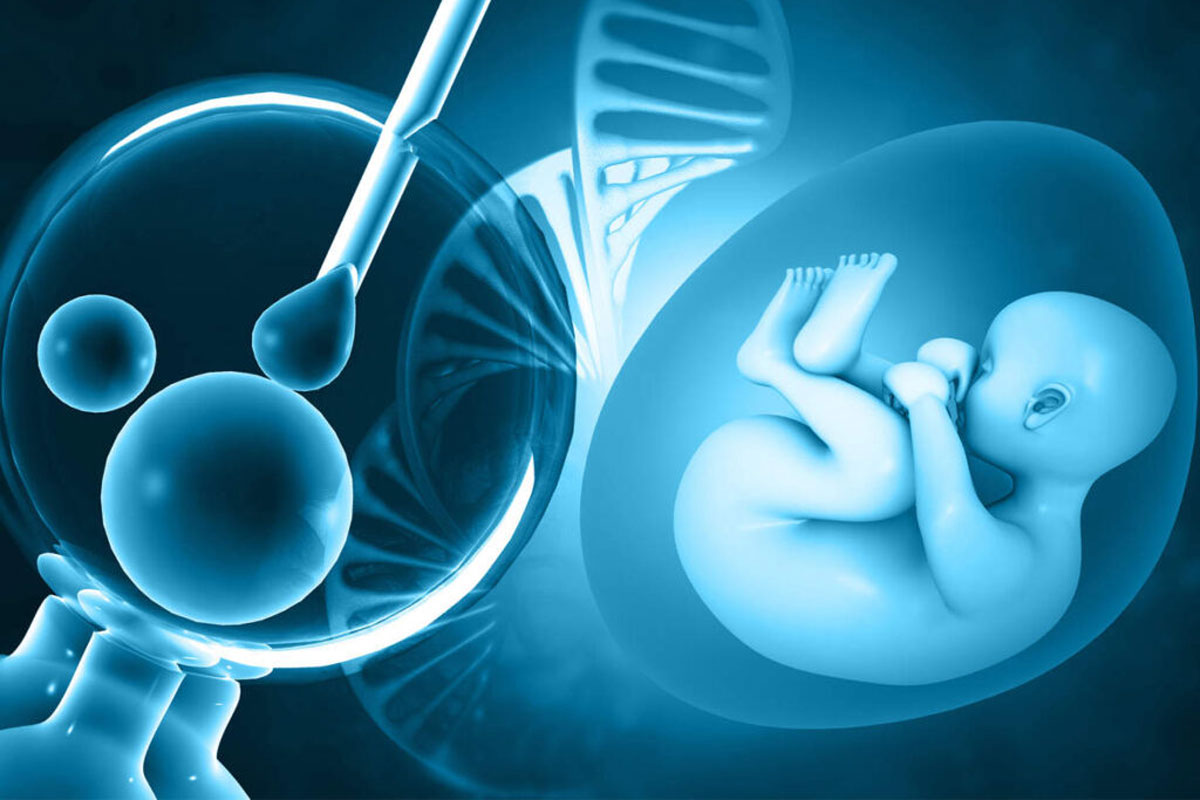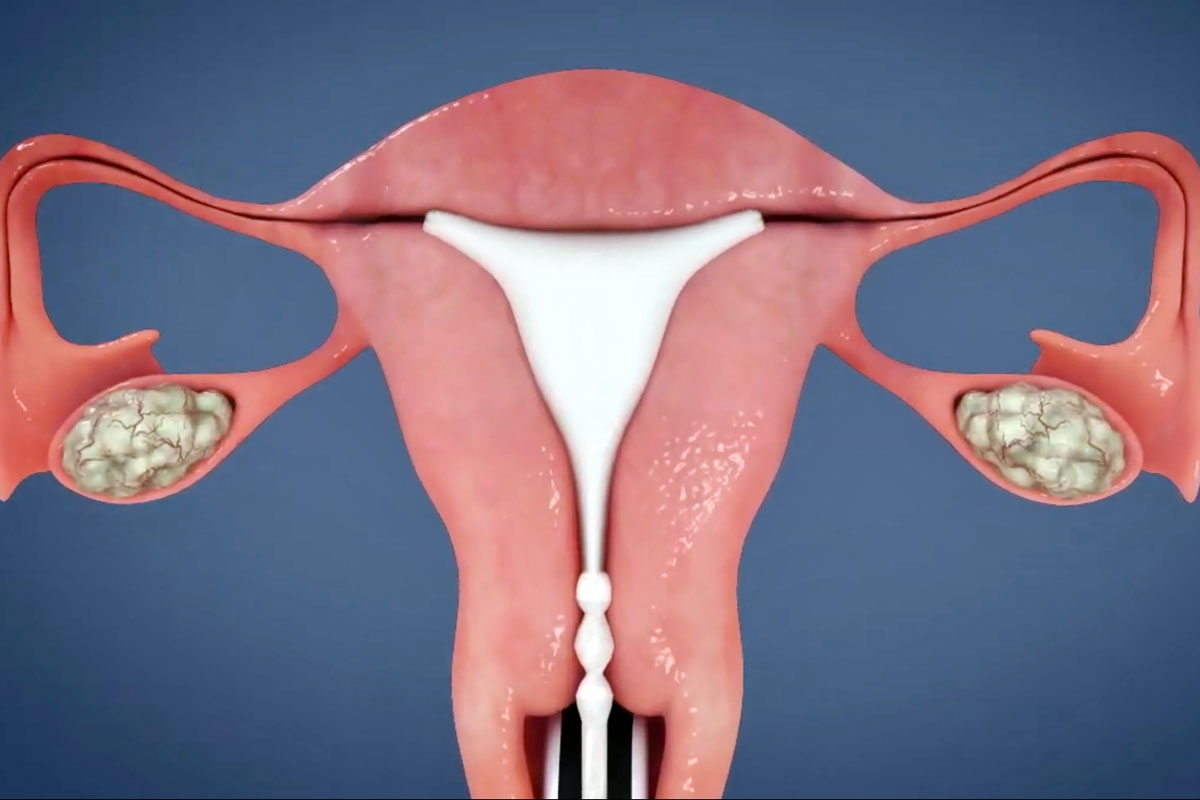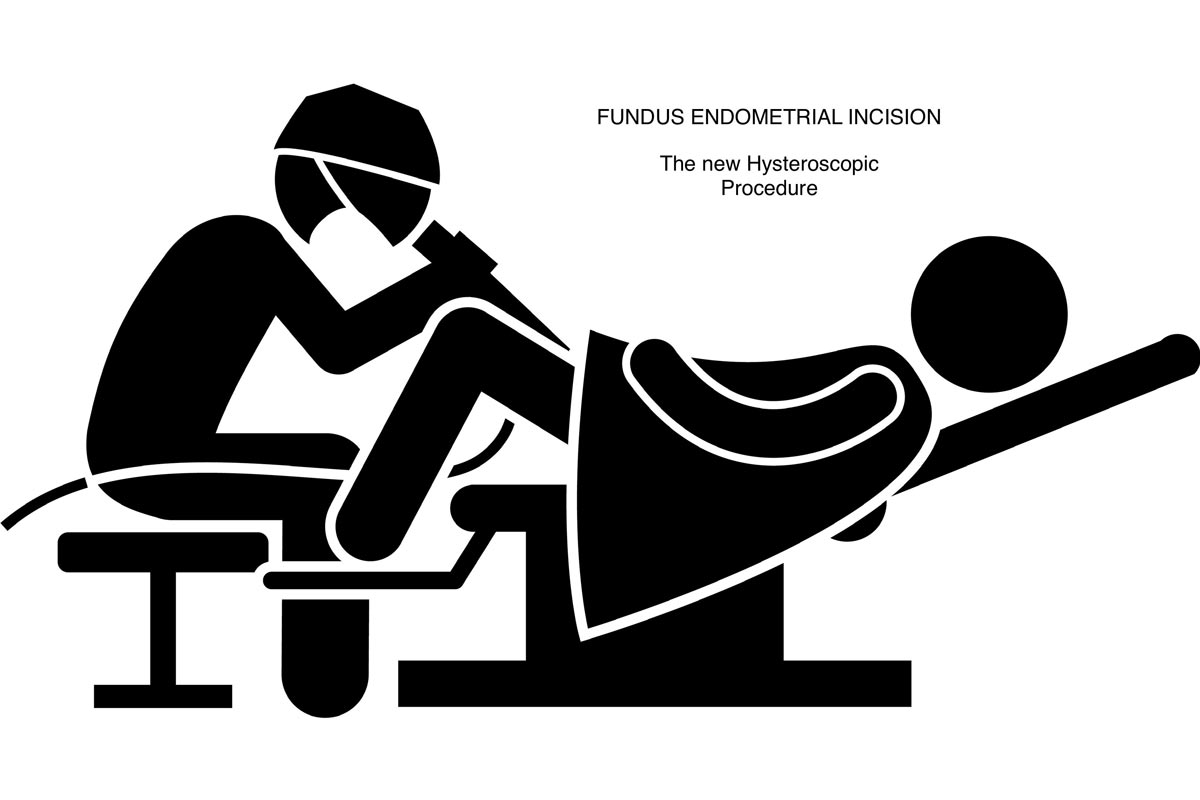Each year, about 1 in 1000 individuals suffer from venous thrombosis, which is the formation of an abnormal blood clot the venous (veins returning blood to the heart) circulatory system.1 Some causes of abnormal blood clotting are genetic.1 One common cause is a defect in the blood clotting protein called factor V.
What is Factor V?
Factor Vis the most common genetic risk factor for venous thrombosis. It is found in 1 in 20 (5%) Caucasians.1 It is rare in Hispanic Americans, African Americans, and not often found in people from Africa or Asia.1 A mutation (change) in the factor V gene, named the Leiden mutation,1 can cause this blood clotting factor to malfunction and increase the chance that a blood clot could form in an abnormal place. Factor V Leiden is also found in 10% to 20% of people of all ages with first-time venous blood clots, 40% of people younger than 50 with first-time venous clots, and 60% of pregnant women with venous thrombosis.1 Factor V Leiden has been associated with an increased risk of recurrent pregnancy loss, severe preeclampsia, fetal growth retardation, stillbirth, and placental problems (infarction and abruption).1
What is Prothrombin (Factor II) G2021A?
The second most commonly inherited cause of venous thrombosis is a mutation in the prothrombin (factor II) gene, named G2021 A.2 About 1% to 2% of the Caucasian population has a copy of G2021 A, and it is rare in the African and Asian populations.2 Prothrombin G2021A is found in 6% to 8% of people with a first-time venous clot.
- Prothrombin G2021A has also been associated with myocardial infarction (heart attack) in young women and cerebral (brain) venous thrombosis.
- Prothrombin G2021A also causes the clotting mechanism to malfunction and has similar clinical effects as factor V.1Other, less common, inherited forms of venous thrombophilia include protein S deficiency, protein C deficiency, and antithrombin III deficiency.
- Elevated levels of homocysteine are controversially associated with thrombophilia.
- Each of these proteins is important in regulating the formation of blood clots, and abnormal levels of these proteins are associated with excessive clotting.
Who is at risk for venous thrombosis?
Factor V Leiden, prothrombin G2021A, protein S deficiency, protein C deficiency, and antithrombin III are inherited and can be passed from parent to child. Elevated homocysteine levels, however, may occur due to deficiencies of certain vitamins, renal failure, use of particular medications, and some genetic factors.2 Having just one abnormal clotting gene can increase the risk that a person will develop venous thrombosis.The lifetime risks for developing venous thrombosis from various risk factor combinations are found in Table 1 .
Table 1 .-Risk of venous thrombosis based on inherited factors
| Inherited factor | Lifetime risk increase above general population risk |
|---|---|
| Single factor V mutation | 4%-7% |
| One prothrombin G2021A | 2.8% |
| Two factor V mutations | 80% |
| Factor V and prothrombin G2021A combined | 20% |
| Factor V mutation plus taking birth control pills | 30% |
| Protein C deficiency | 3%-7% |
| Protein S deficiency | 2%-20% |
| Antithrombin III deficiency | 9%-50% |
If a genetic factor is found in a person with venous thrombosis, his or her physician will provide patient-specific appropriate anticoagulation therapy (medicine to prevent blood clotting). Treatment for venous thrombosis in someone with a genetic cause is usually not different from that intended for someone who does not have a genetic risk factor.
This may not be the case for individuals at high risk; a person with venous thrombosis who has two factorV Leiden mutations (homo-zygous) may require lifelong anticoagulation therapy after a blood clotting event.
Relatives of an affected person who have not had any symptoms may wish to be tested to determine their own risk of venous thrombosis. Therapy can be provided during periods of risk (surgery, trauma, immobility, pregnancy, and malignancy) and can help a person avoid risk factors such as smoking, oral contraceptives, and estrogen therapy.
Oral contraceptive use in a person with factor V Leiden can increase the risk of venous thrombosis thirtyfold. Long-term (prophylactic) anticoagulation therapy for asymp¬tomatic people with an inherited thrombophilia risk factor is generally not recommended because the risk of complications (heavy bleeding) from long-term anticoagulation therapy may be as great as 8% per year. The risk-to-benefit ratio of treatment for people without symptoms is not known.
What are the testing recommendations for venous thrombosis?
It is recommended by the American College of Medical Genetics1 and the College of American Pathologists3 that the individuals listed below are candidates for factor V Leiden screening, and testing for other factors, such as prothrombin G20210A, protein S and C deficiencies, antithrombin III, and elevated homocysteine, should be considered
- Venous thrombosis in pregnant women Venous thrombosis in women taking oral contraeptives or hormone replacement therapy
- People younger than 50 years old with venous thrombosis
- People with venous thrombosis in unusual sites (veins in the liver, head, or mesentery)
- Recurrent venous thrombosis
- Relatives of people with early onset (<50 years of age) with venous thrombosis
- Myocardial infarction (heart attack) in women smokers younger than 50
- Relatives of people who have factor V Leiden
- Venous thrombosis in those older than 50, except when active malignancy is present
- Women with recurrent pregnancy loss
- Women with unexplained severe preeclampsia
- Women with pregnancies that had placental abruption, fetal growth retardation, or stillbirth
General population screening and routine screening before prescribing oral contraceptives or hormone replacement therapy are not recommended.
- Because factor V Leiden and prothrombin G2021A are adult-onset disorders, prenatal diagnosis and newborn testing are not recommended.
- The gene mutation C677T in the MTHFR (methylene tetrahydrofolate reduc-tase) gene has been associated with elevated homocysteine levels, but testing for the mutation is not recommended.
- Testing is also not recommended for patients with arterial thrombosis.
- Additionally, it is appropriate to consider anti-cardiolipin antibody and lupus anticoagulant assays in individuals with venous thrombosis, particularly if no other cause is found, autoimmune disease is present, or there is no family history of thrombosis.
- Once an inherited thrombophilia is identified, individuals should receive genetic counseling regarding the inheritance and medical management of their disorder.
- Genetic counseling resources i can be located through your health care provider and the National Society of Genetic Counselors at www.nsgc.org.
References
1. Grody WW, Griffin JH,Taylor AK, Korf BR, Heit JA (ACMGFactor V Leiden Working Group). American College of Medical Genetics consensus statement on factor V Leiden mutation testing. GenetMed. 2001 ; 3 (2):139-148.
2. Reich LM, Bower M, Key, NS. Role of the geneticist in testing and counseling for inherited thrombophilia. Genet Med. 2003;5(3):133-143.
3. College of American Pathologists. Consensus Conference XXXVI: Diagnostic Issues in Thrombophilia. Conference Synopsis. CAP Consensus Conference XXXVI. Atlanta, Ga: November 9-11, 2001.












